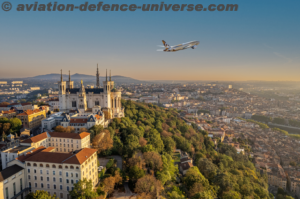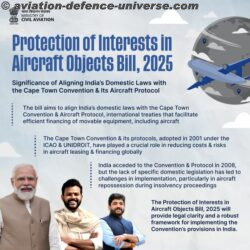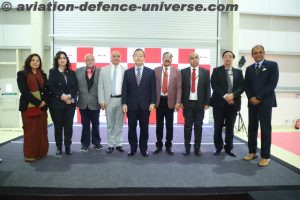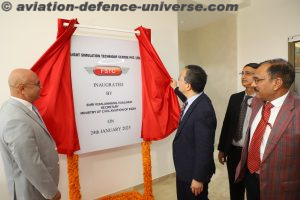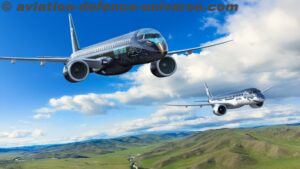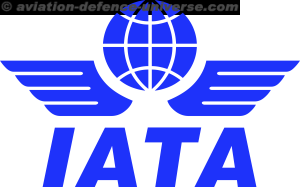Montreal. 27 September 2016. The International Air Transport Association (IATA) urged governments at the 39th Assembly of the International Civil Aviation Organization (ICAO) to agree a global market-based measure to help the aviation industry manage its carbon footprint.
At the top of the agenda for the ICAO Assembly was the proposal for the Carbon Offset and Reduction Scheme for International Aviation (CORSIA).
“The global aviation industry has turned out in force to encourage governments to make history by agreeing to implement CORSIA. This will be the first global agreement of its kind for an industrial sector. We are committed to carbon neutral growth from 2020. CORSIA, along with measures to improve technology, operations and infrastructure, will keep aviation at the forefront of industries responsibly managing their climate change impact,” said Alexandre de Juniac, IATA’s Director General and CEO.
IATA member airlines passed resolutions at their Annual General Meeting (AGM) in 2013 and again in 2016, calling on governments to implement a global market-based measure (GMBM) to help manage aviation’s carbon footprint. The GMBM must focus on real emissions reductions (not revenue raising for governments), take into consideration differing circumstances of airlines based on maturity of markets, and not distort competition.
“We have a pragmatic compromise in the current CORSIA proposal. And with some 60 states already committed for the voluntary period, momentum is building. We still need more states to demonstrate their leadership and commitment to sustainability by joining,” said de Juniac.
A GMBM must be implemented as part of the package of measures in the industry’s four-pillar strategy on climate change. The GMBM is a critical gap-filler until improvements in technology, operations and infrastructure can fully realize the industry’s sustainability goals.
Security will also feature prominently at the Assembly in light of UN Security Resolution 2309 passed on 22 September 2016. Under the leadership of ICAO, the Security Council reinforced the importance for national governments to invest in measures to keep aviation secure in light of evolving terrorist threats.
“The terrorist menace is hovering over our world, including the aviation industry. It is encouraging to see governments addressing the threats to aviation security at the highest international levels. We fully support ICAO’s leadership in helping states to meet their responsibilities on security. Keeping our passengers and crews safe from harm is a top priority for aviation. We look forward to contributing our operational expertise to help in any way that we can,” said de Juniac.
IATA submitted some 25 Working Papers to the 39th ICAO Assembly, covering a broad cross-section of subjects where global standards play a role. These include safety, security, the ratification and application of global treaties, efficiency of infrastructure, slot allocation, addressing excessive levels of taxation, promoting smarter regulation and a plethora of other issues. All working papers are available on the ICAO website.
“Aviation is built on global standards. And that is the common theme across our full agenda at ICAO. The aviation industry supports some 63 million jobs and $2.7 trillion in economic activity. This year airlines will move about 3.8 billion people and 50 million tonnes of cargo safely to their destinations. That adds tremendous value to our world. I firmly believe that we are in the business of freedom—which has a big and growing positive impact on our globe. Our focus at the 39th ICAO Assembly is to reinforce the global standards that are at the core of aviation’s remarkable contribution to modern life,” said de Juniac.






































